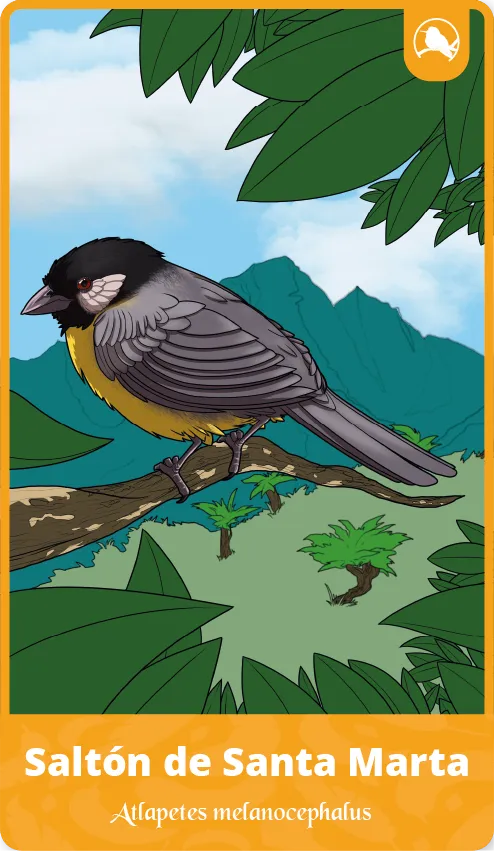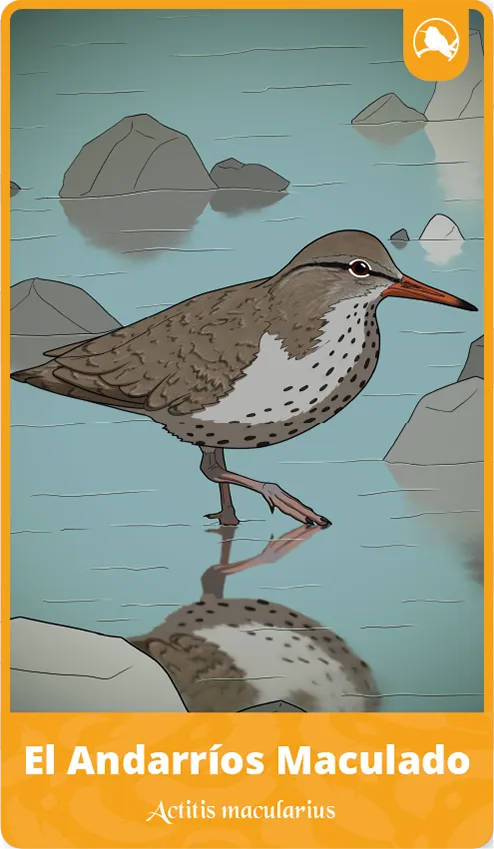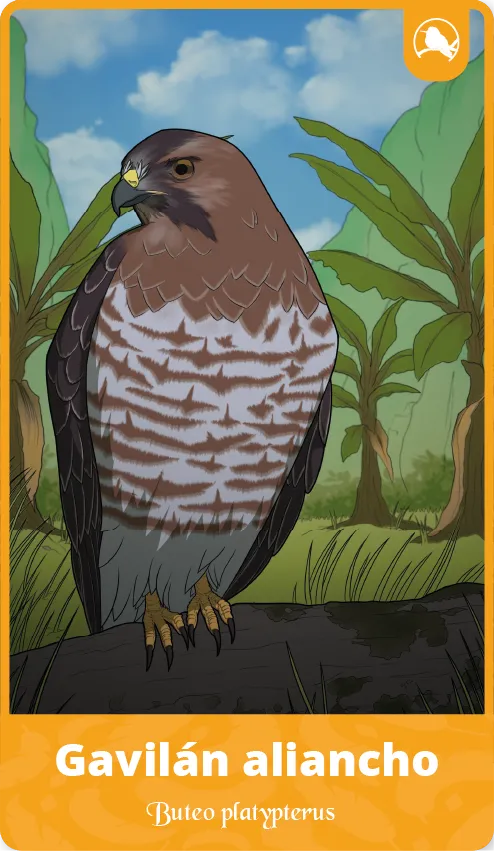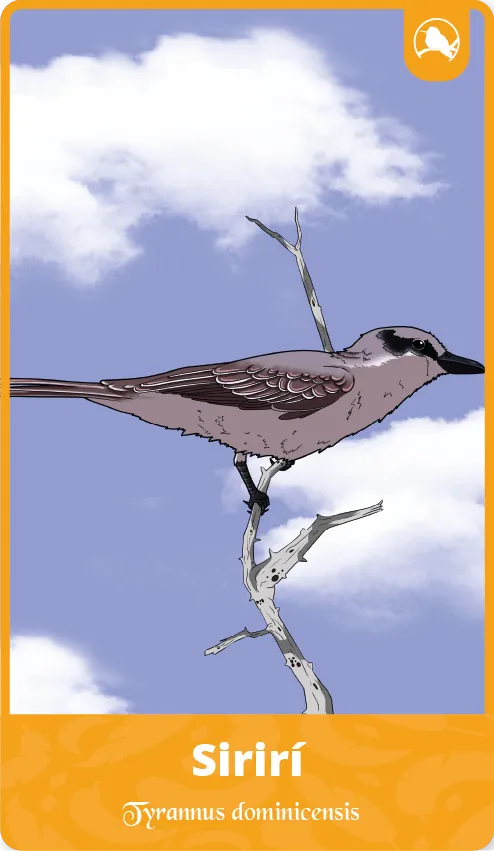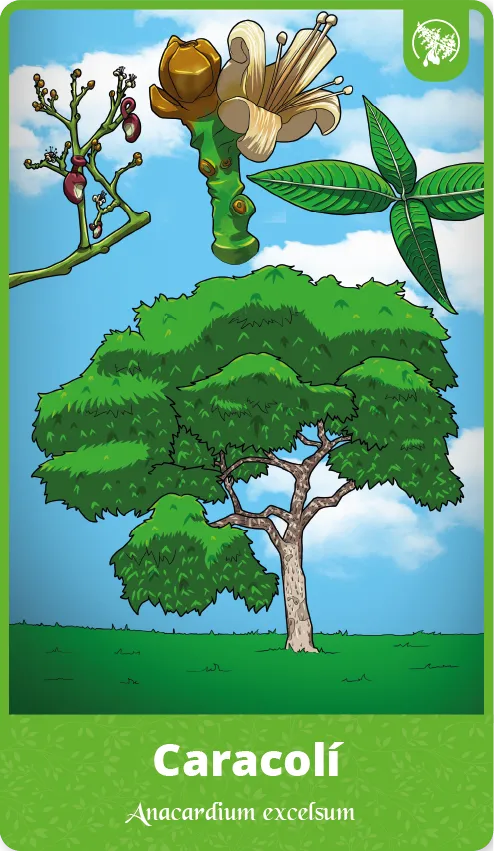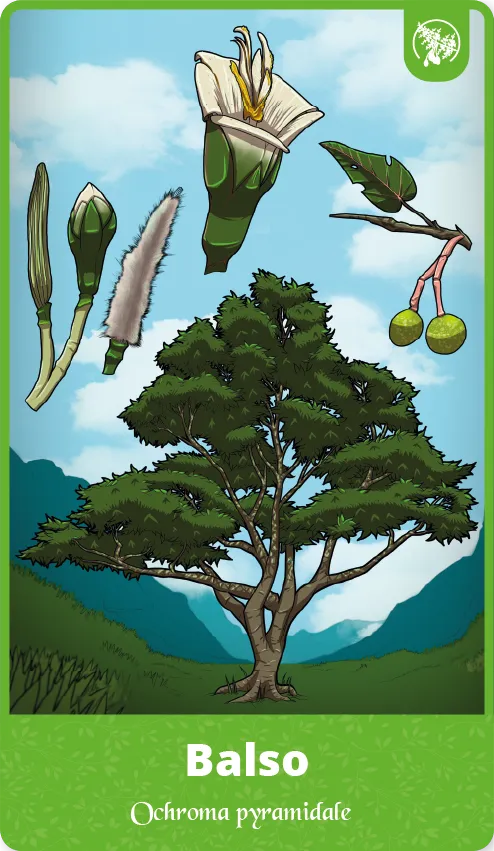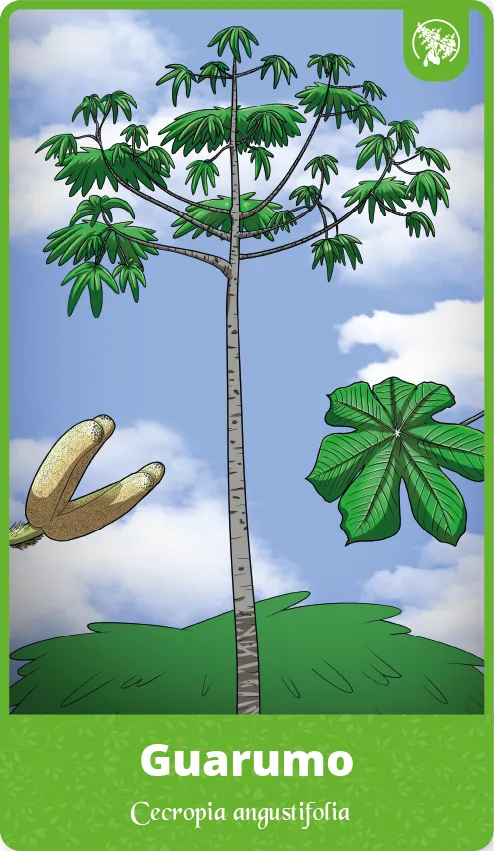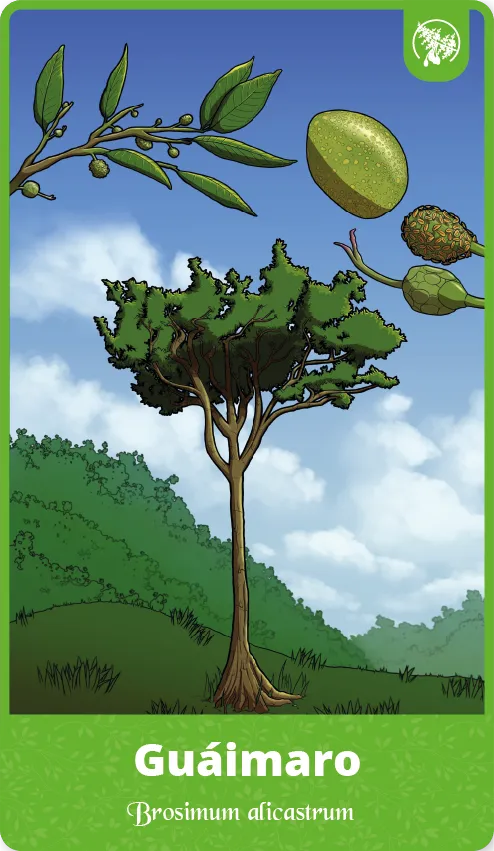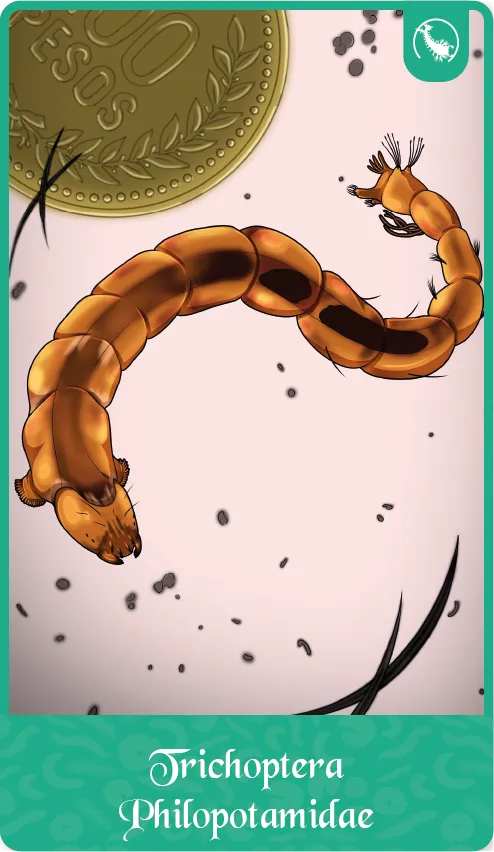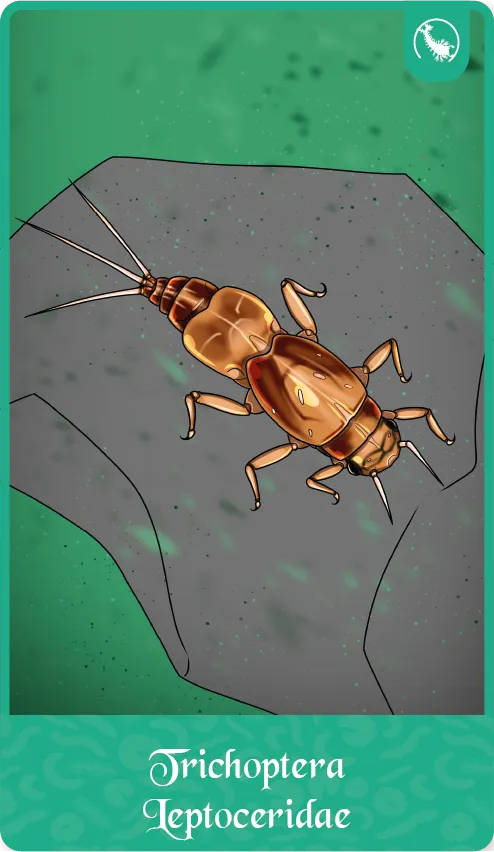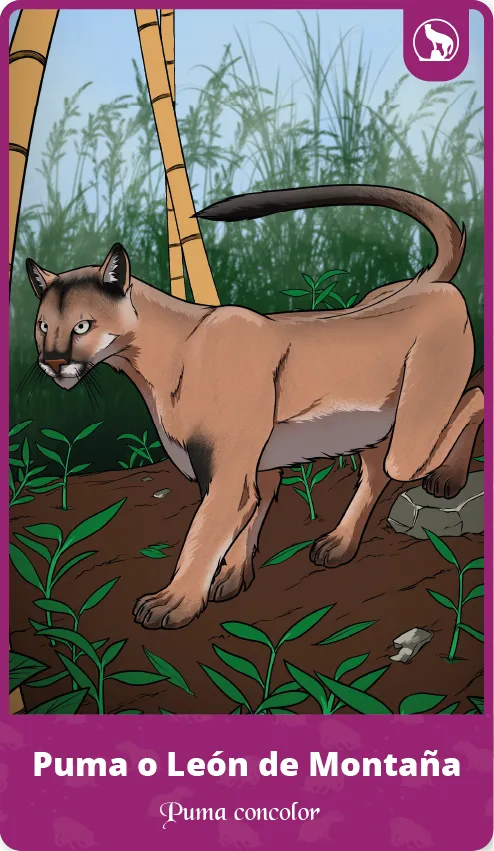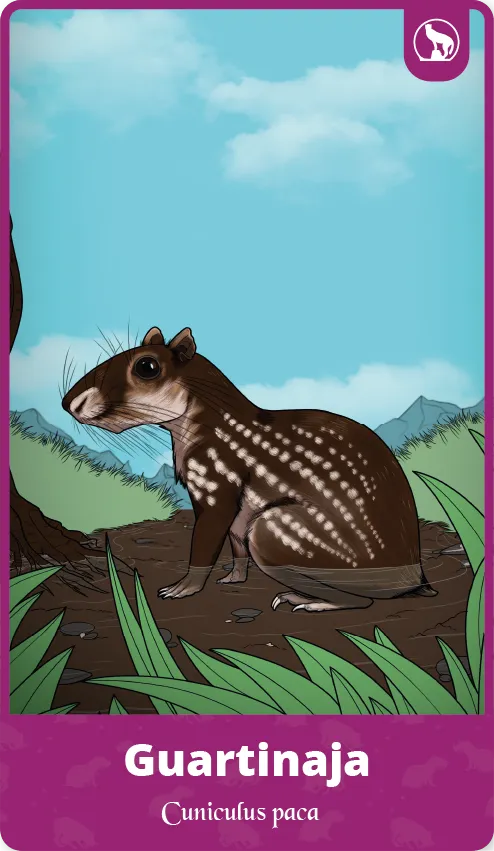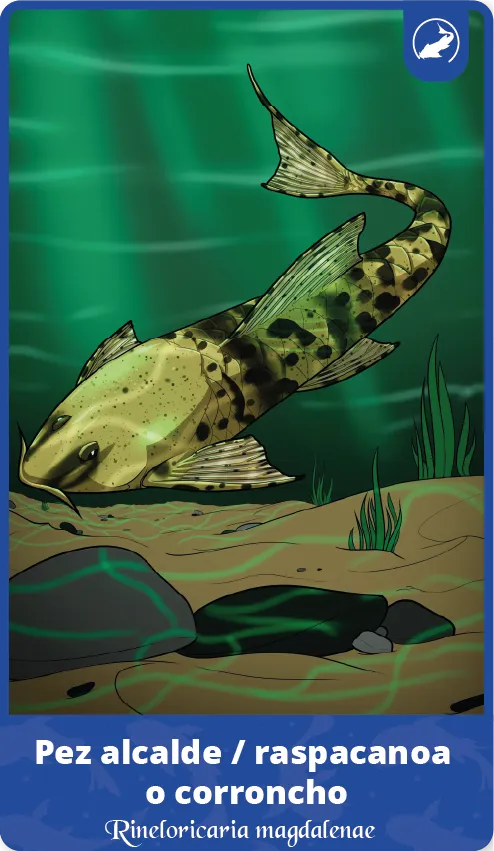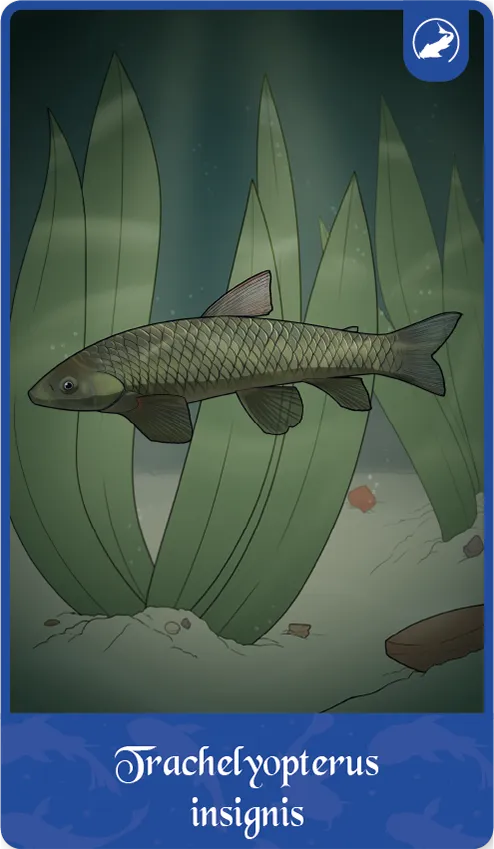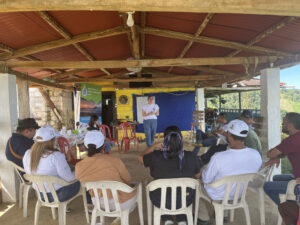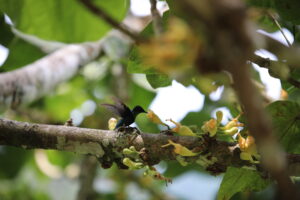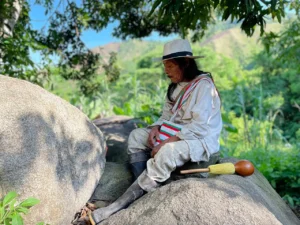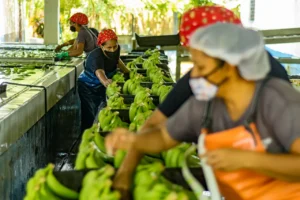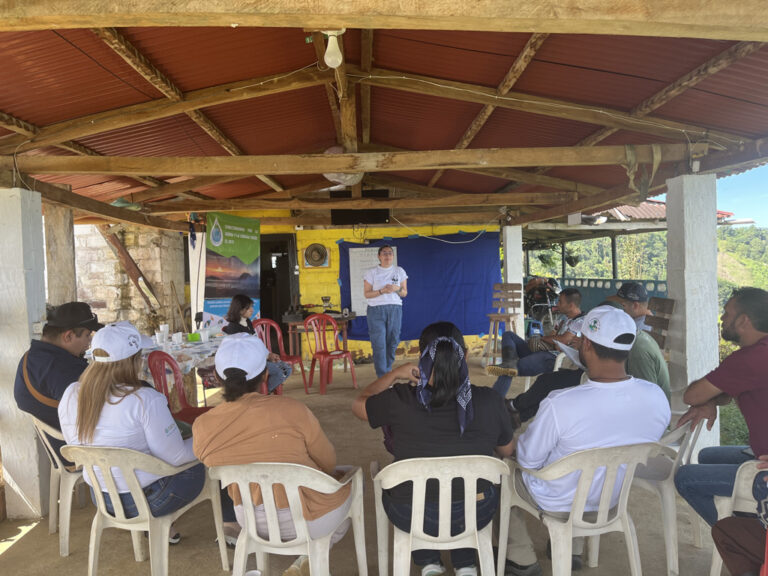WWF, within the framework of the Water Stewardship Platform, has launched Magdalena Salvaje, an innovative augmented reality card game. This game allows players to explore 40 species of birds, fish, macroinvertebrates, mammals, and flora.
Each card contains a detailed description of the species and an animation that can be viewed through an augmented reality application, using technology to bring people closer to understanding and appropriating nature. Additionally, the application offers a quiz to measure acquired knowledge and unlock more cards, while the physical version of the game includes various options for group play.
The development of Magdalena Salvaje is part of a scientific outreach strategy aimed at children, youth, and communities in the Sierra Nevada and Ciénaga Grande de Santa Marta corridor. It is based on the results of a biodiversity monitoring program conducted in 2021 by a team of 17 researchers and students in the banana and coffee-growing areas of the Frío and Sevilla river basins. This study, a pioneer in the region, was led by WWF Colombia, with support from the University of Magdalena and the University of the Atlantic, and was developed within the framework of the “Environmentally and Socially Sustainable Conventional Banana Production” project, which WWF has implemented since 2014.
During the study, sampling stations were established in the lower basin, where bananas are grown, and in the middle basin, dedicated to coffee cultivation. The reference stations allowed for comparisons between areas with less human intervention and productive areas, using methods that included camera traps, identification of mammal tracks and footprints, and bird watching.
The monitoring revealed the presence of 12 mammal species, including jaguar tracks and puma records, both indicative of better-preserved ecosystems. Regarding birds, 123 species were identified in the coffee-growing region and 78 in the banana-growing region, highlighting the presence of endemic and migratory birds. The flora also showed greater diversity in the coffee-growing region, with 90 species compared to 46 in the banana-growing region, which offers valuable information for future ecological restoration projects.
The study also highlighted a water ecological quality index based on the presence of macroinvertebrates and fish, finding that 46.9% of the 32 fish species identified are endemic, meaning they are found only there.
Wild Magdalena is not just a game, but a powerful educational tool that connects communities with their natural environment, promoting knowledge and ownership of the territory. After all, we cannot take care of what we don’t know, and with initiatives like this, we take another step toward conserving our biodiversity.
Download the web version of the game booklet now and start discovering the magic of the watersheds that connect the Sierra and the Ciénaga de Santa Marta!


